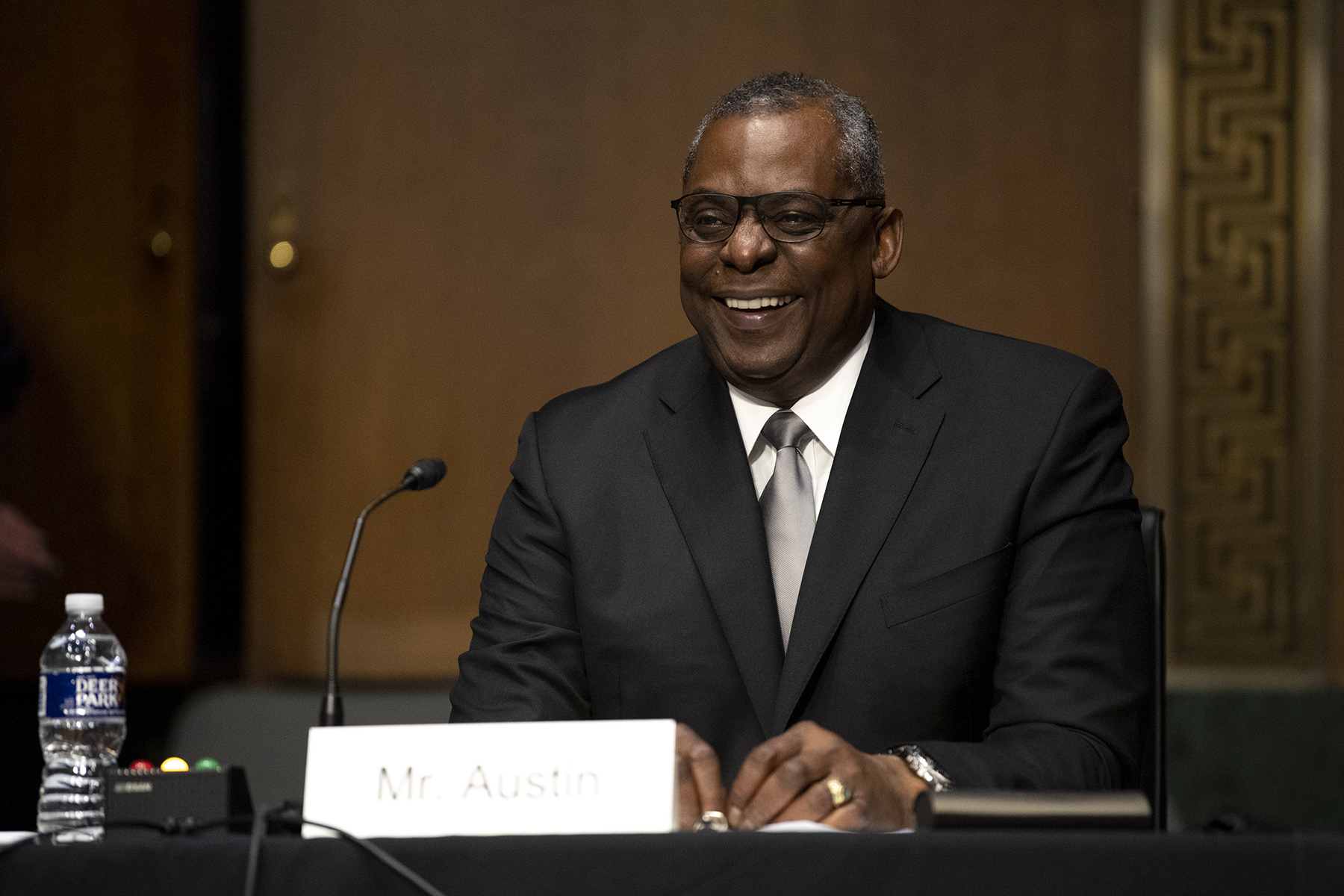
This post has been updated to reflect the Senate’s passage of the waiver for retired Army Gen. Lloyd Austin.
The House and Senate on Thursday both voted to pass legislation granting a waiver for retired Army Gen. Lloyd Austin to serve as President Joe Biden’s secretary of defense.
Austin’s nomination to lead the Pentagon required a waiver because he retired from active duty in 2016. Legally, nominees must have been out of uniform for seven years to serve as the secretary of defense.
The Senate Armed Services Committee in a voice vote passed Austin’s nomination and the required waiver earlier today. The House shortly followed, passing the waiver in a 326-78 vote. The full Senate took up the waiver just after its passage in the House, with the upper chamber passing it in a 69-27 vote.
The full Senate must now vote on Austin’s nomination to serve as Pentagon chief. SASC in a news release earlier today noted the upper chamber will not vote on Austin’s nomination before he submits to the committee answers to the questions for the record and the panel assesses the responses.
“Every member of this committee cares deeply about our national defense, and that is reflected in this bipartisan action to advance this effort. Given the unique challenges we face, it is imperative to have a confirmed secretary of defense in place as soon as possible,” SASC Ranking Member Sen. Jack Reed (D-R.I.) said in a statement.
“I salute Chairman (Sen. Jim) Inhofe for his bipartisan commitment to moving this process forward in a thoughtful, deliberative manner,” he continued. “I hope the Senate will soon confirm former General Austin on a strong, bipartisan vote so he may begin the urgent task of leading the Pentagon, defending our country, and addressing pressing and complex security challenges.”
Austin testified in front of the SASC earlier this week as part of his confirmation process. During the appearance, Austin emphasized his focus on China as the “pacing threat” for the United States and said he plans to “update” the National Defense Strategy the Pentagon has used for the last three years if he is confirmed.
Austin also highlighted his commitment to civilian control of the military, a concern for some lawmakers in both parties due to his recent retirement from active duty. Some Republican lawmakers, including Sen. Tom Cotton (R-Ark.), have expressed regret about their 2017 votes to support a waiver for former Defense Secretary and retired Marine Corps general James Mattis.
The former U.S. Central Command commander told lawmakers on Tuesday he had not yet read the Navy’s 30-year shipbuilding plan but that he is aware the blueprint calls for 405 manned ships by 2051.
“Our Navy is the most capable naval force on the face of the planet. It will remain so if I’m confirmed and become secretary of defense. I think that it’s important that we maintain the capabilities that we’ll need to be relevant, not only today but relevant tomorrow,” Austin said in response to a question from Sen. Roger Wicker (R-Miss.) about whether he supports the ship number called for in the new shipbuilding plan.
“So I look forward to getting on the ground and — if confirmed — and working with the leadership of the Navy to better understand the requirements and how we’re going to support those requirements,” Austin continued. “And also I look forward to working with this body to make sure that we have the right resources to support that requirement.”





